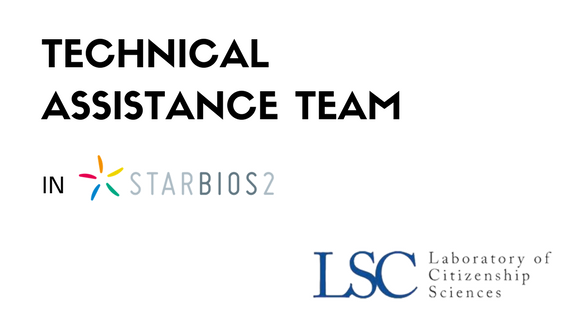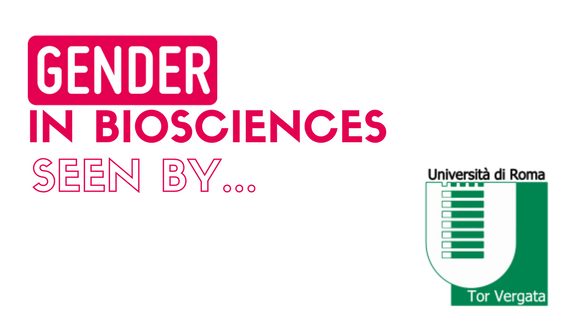Could you shortly describe your organisation, and who is involved in STARBIOS2 project? Our institute, Laboratory of Citizenship Science (LSC), is an association of researchers, trainers, knowledge managers and research project designers based in Rome, Italy. LSC works for promoting a better integration of social sciences perspectives in the spheres of scientific and technological research and for developing a better understanding of the social phenomena emerging in the interaction amongst science, technology and society. In STARBISOS2 project LSC is in charge of supporting the 6 Action Plans teams that are promoting a structural change toward RRI in their institutes, through a set of Technical Assistance (TA) activities. Furthermore LSC participates also in the development of a learning process for the whole project that will lead to design a model for RRI in biosciences. The Technical Assistance team is composed by Giovanni Caiati and Claudia Colonnello who are directly involved in the ordinary implementation of the TA activities. Furthermore our team includes other LSC experts who carry out back-office activities concerning the management and the scientific supervision. What is your role as technical assistance? Our role is to assist the Action Plans teams in order to successfully drive the Action Plans all along the project from the design phase to their completion. In practice we support the teams for coping with emerging problems or to benefit from emerging opportunities; we provide specific expertise on RRI and its 5 keys also suggesting and offering contacts with experts outside the consortium; we …
Gender in Biosciences, seen by the University of Tor Vergata, Italy
Elena Bachiddu – Member of the Department of Biology at the University of Rome “Tor Vergata”. She works in communication, event organization and on the website of the Department. She is a cultural anthropologist and teaches ‘Health and Safety at Work’ for “Didactics of Science” courses, the theoretical-practical modules annually organized by the Department to promote and disseminate scientific knowledge among students of first and second grade schools. Elena Bachiddu is also a member of the Central Advocacy and Control Committee (CUG-Comitato Unico di Garanzia), where she coordinated Work-Life Balance seminars and publications. 1. How do you understand “Gender” in biosciences research? Broadly based and explored in the field of Gender Studies theory, the discourse on ‘gender difference’ is emerging nowadays in Italy in the biomedical disciplines where it is understood as closely related to the guidelines of personalized medicine and no longer as limited to the sphere of reproductive health of woman. Consequently, Gender Medicine, starting from research and biomedical experimentation and pre-clinical studies, appears as an area that currently recognizes and examines the sex and the feminine difference. In this sense research and experimentation approaches are oriented within several pharmacological research projects and research institutes, training of medical specializations, hospitalization procedures in the local healthcare facilities and healthcare policies. However, in general terms, we must remember that, according to the Global Gender Gap Report presented at the World Economic Forum, Italy still ranks 50th as for women participation in the labor market and for economic opportunities, and in particular according …





